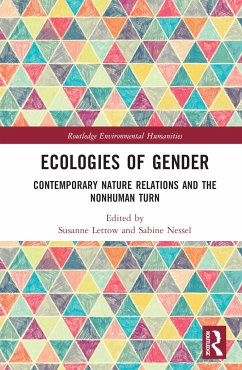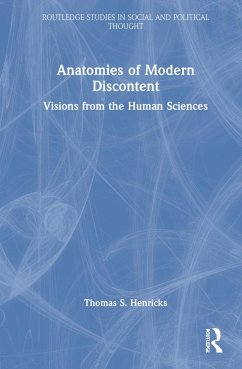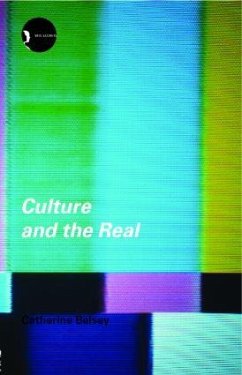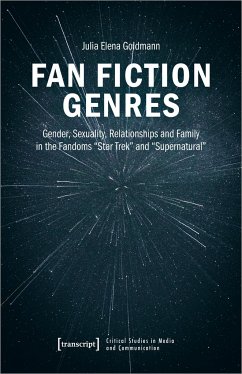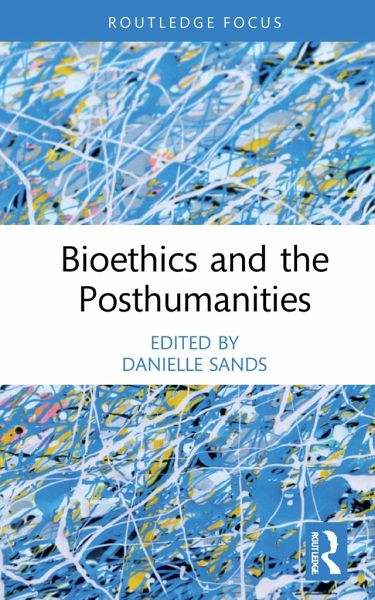
Bioethics and the Posthumanities
Versandkostenfrei!
Versandfertig in 6-10 Tagen
49,99 €
inkl. MwSt.

PAYBACK Punkte
25 °P sammeln!
This interdisciplinary volume explores how posthumanist approaches can illuminate current issues in bioethics and considers the relevance of these issues for the humanities, including questions of autonomy and authorship, and notions of ethical and juridical responsibility in the context of a changing understanding of subjectivity.With contributions from a variety of areas, including literature, philosophy, media, and policy-making, the book outlines the historical and philosophical development of posthumanism, and current key questions in bioethics. It generates a dialogue between bioethical ...
This interdisciplinary volume explores how posthumanist approaches can illuminate current issues in bioethics and considers the relevance of these issues for the humanities, including questions of autonomy and authorship, and notions of ethical and juridical responsibility in the context of a changing understanding of subjectivity.
With contributions from a variety of areas, including literature, philosophy, media, and policy-making, the book outlines the historical and philosophical development of posthumanism, and current key questions in bioethics. It generates a dialogue between bioethical approaches and the posthumanities, identifying ways in which posthumanist scholarship might be used to inform bioethical policy.
The book also looks more speculatively at the future, and the potential implications of technological developments which are only beginning to emerge. It uses posthumanism to look critically at the humanism underpinning de-extinction science, considers the ways in which technology is re-framing our social and political imaginaries, and asks about the identification of future posthumans.
With contributions from a variety of areas, including literature, philosophy, media, and policy-making, the book outlines the historical and philosophical development of posthumanism, and current key questions in bioethics. It generates a dialogue between bioethical approaches and the posthumanities, identifying ways in which posthumanist scholarship might be used to inform bioethical policy.
The book also looks more speculatively at the future, and the potential implications of technological developments which are only beginning to emerge. It uses posthumanism to look critically at the humanism underpinning de-extinction science, considers the ways in which technology is re-framing our social and political imaginaries, and asks about the identification of future posthumans.






